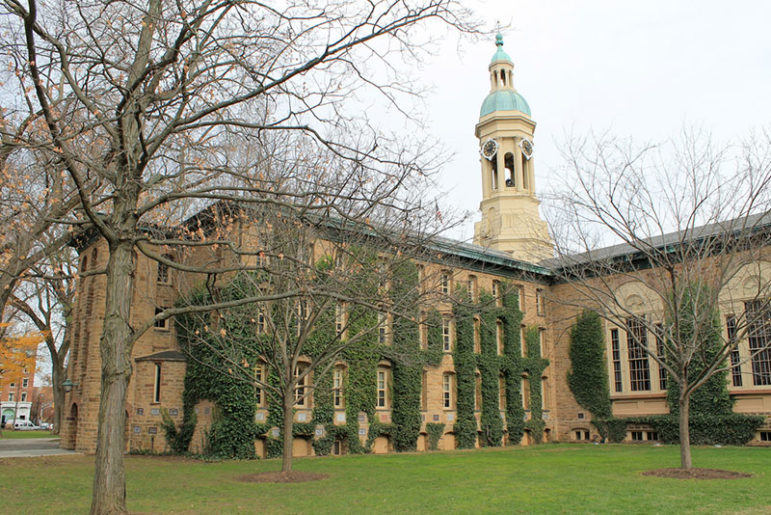
October 17, 2016; New Jersey Law Journal
The NPQ nonprofit newswire has long reported on a set of property tax suits in New Jersey: one brought by the town of Morristown against the Morristown Medical Center, and another brought by 27 low-income, disabled, or retired residents of the town of Princeton against Princeton University, the fifth-richest university in the United States. The latter suit claimed that a portion of the property owned by the nonprofit university was used for commercial purposes, particularly though not solely related to biotech. Yina Moore, a former mayor of Princeton and one of the plaintiffs, said, “Those with the least resources…were subsidizing the nonpayment of some of the wealthiest property owners, namely Princeton University.”
Last Friday, after five years of litigation and three days before the trial was due to begin in front of Tax Court Judge Vito Bianco, Princeton University agreed to a settlement of $18.2 million to be paid over the next six years. The money will be used primarily to defray the property taxes of local residents and to help fund affordable housing for lower income residents of the town. In line with this, the university will make three payments over three years of $416,700 to the Witherspoon Jackson Development Corp., a local nonprofit agency serving the residents of the historically black Witherspoon Jackson district. Around $10 million will go to property tax relief for eligible residents, and the town of Princeton will receive $3.48 million in 2021 and 2022, which is pretty close to what it paid voluntarily this year on top of $8 million in annual levies.
Sign up for our free newsletters
Subscribe to NPQ's newsletters to have our top stories delivered directly to your inbox.
By signing up, you agree to our privacy policy and terms of use, and to receive messages from NPQ and our partners.
Those property owners who qualify for homestead rebates under the Homestead Property Tax Credit Act can access property tax rebates under the agreement. Any money remaining will go to establish a scholarship fund for Princeton High School students who attend postsecondary institutions other than Princeton University.
Quoted in the Wall Street Journal, Bruce Afran, the attorney who represented the homeowners, said the lawsuit was brought to prevent the displacement of lower income residents. “We don’t want Princeton to just be a preserve of the well-off,” he said. “So we designed this lawsuit to try to stabilize the tax base, to give these more disadvantaged families a chance to keep up.”
Afran also says that the settlement “really should be looked at as a model for other communities with large nonprofits…We want to keep that diverse socioeconomic background in the community. We don’t want Princeton to be solely an elite and exclusive town.”—Ruth McCambridge












